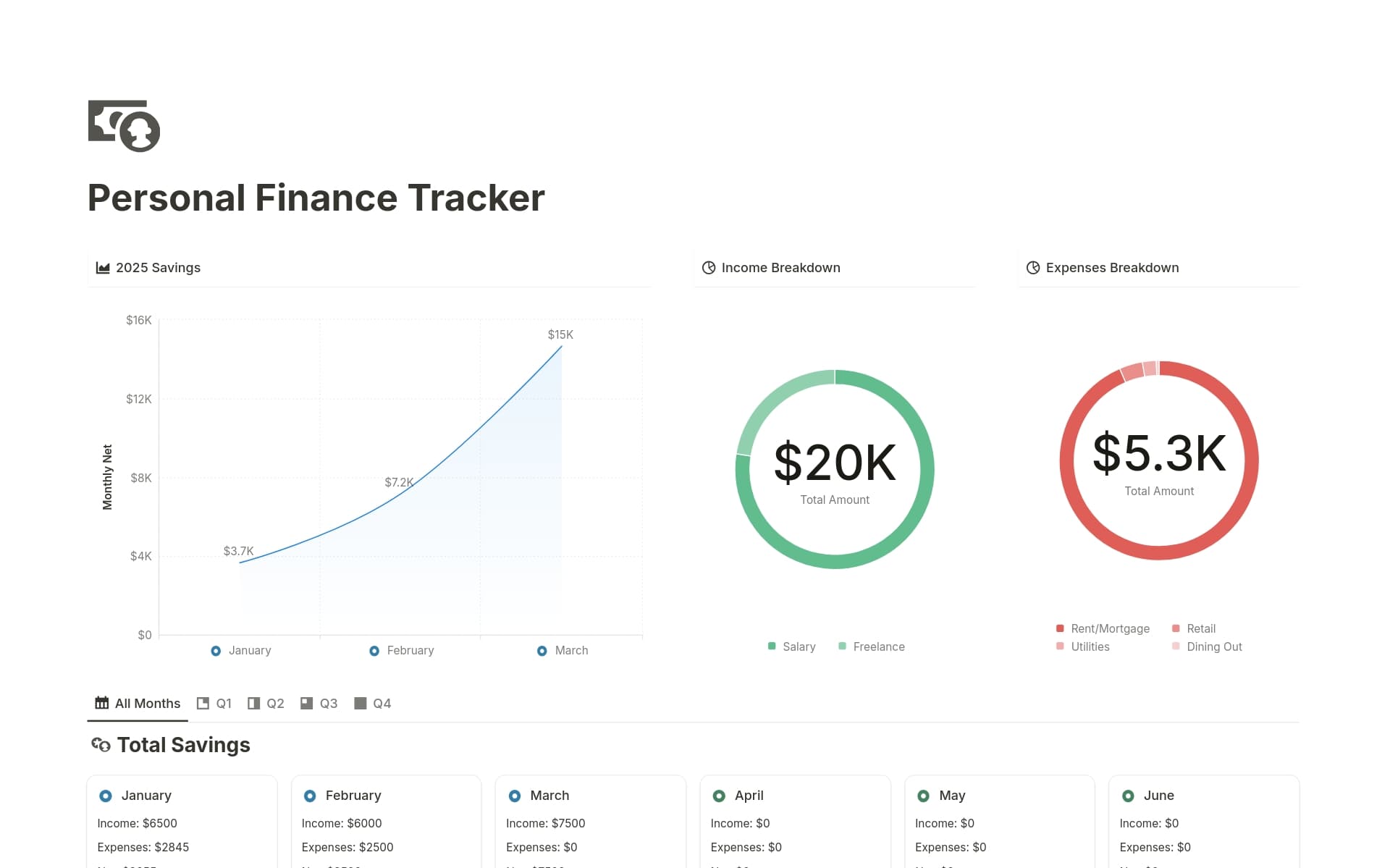Notion's knowledge base templates make it easy to centralize your company's knowledge. Share documentation, procedures, and best practices to keep everyone informed and aligned.
What Should Knowledge Base Templates Include?
Choosing the right Knowledge Base template in Notion can significantly enhance your team's ability to store and retrieve information efficiently. Here are key components to look for:
Comprehensive Search Functionality: A robust search engine is essential for quickly navigating through large volumes of information.
User-Friendly Interface: The template should have a clean layout that makes it easy for all users to understand and use.
Customization Options: It should offer flexibility to modify features according to your team's specific needs.
Integration Capabilities: Check for compatibility with other tools and platforms your team uses for a seamless workflow.
Selecting a template with these components will ensure that your knowledge base is a valuable resource for your organization.
What Should Knowledge Base Templates Avoid?
When selecting a Knowledge Base template for Notion, it's essential to be aware of certain features that might hinder rather than help. Here are three key components to steer clear of:
Overly Complex Structures: Templates with complicated navigation can confuse users, making it difficult to find information quickly.
Non-Customizable Elements: Avoid templates that don't allow you to modify layouts and styles, as these can limit your ability to tailor the knowledge base to your needs.
Heavy Use of Multimedia: Templates that focus too much on images and videos may slow down the page load times, affecting the user experience negatively.
Choosing the right template involves looking for simplicity, flexibility, and efficiency to ensure that the knowledge base is user-friendly and effective.













